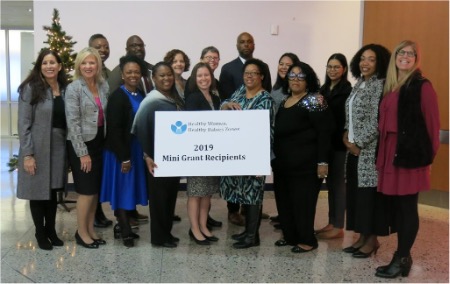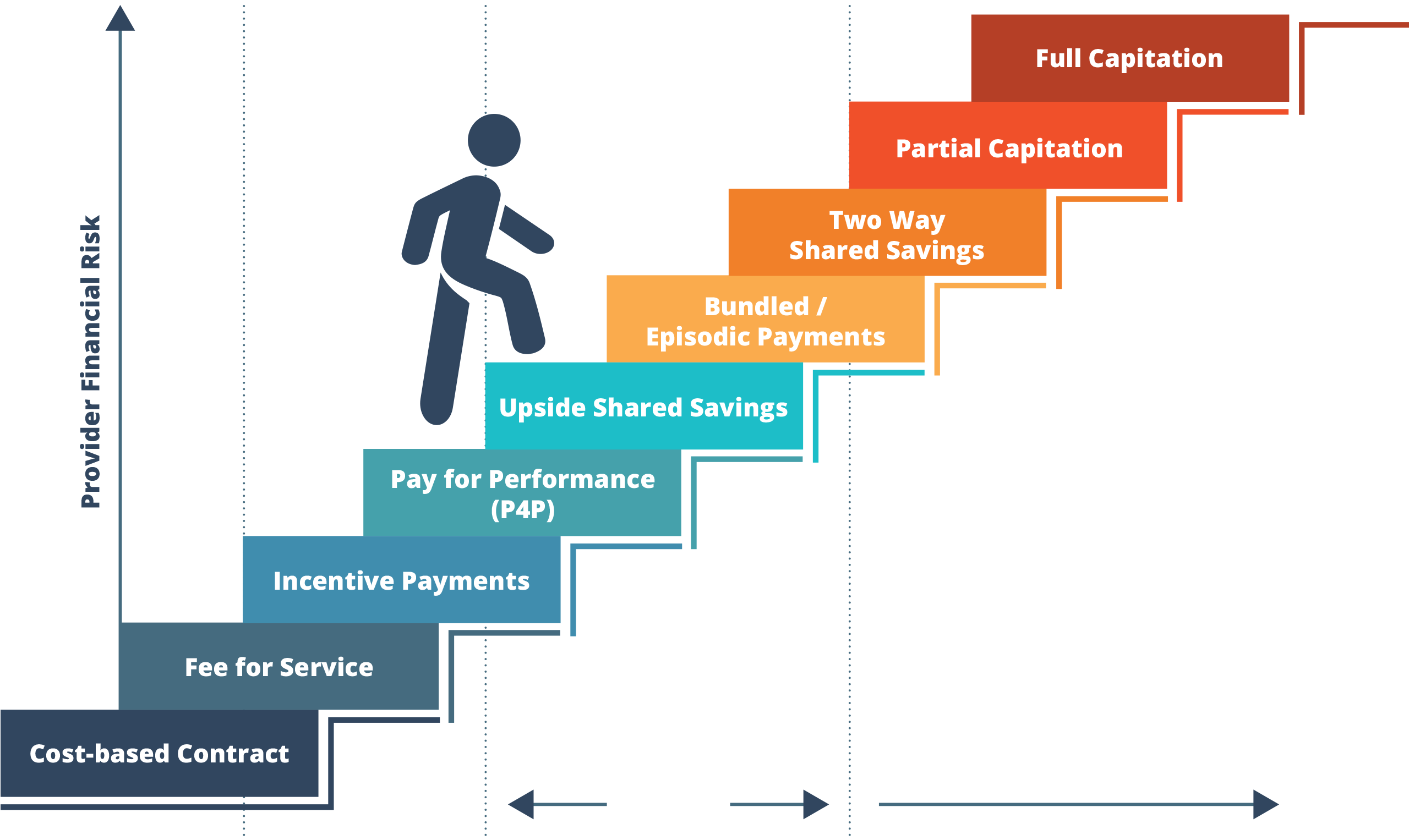HMA has valued recent opportunities to support public health departments to collaborate with communities working to identify and address root causes and ultimately reduce maternal and infant mortality and racial disparities in birth outcomes in Delaware and Maryland.
In partnership with the Delaware Department of Health and Social Services’ Division of Public Health, HMA is in its fourth year of administering a mini-grant program and providing backbone services to community-based organizations. These entities provide wraparound services and a variety of other supports to pregnant and parenting people and their families, with the goal of improving maternal and infant health and reducing racial disparities. We also lead a collective impact evaluation of the programs, working closely with the participating organizations to help them build their capacity to collect and analyze data, developing interim and annual reports, and providing frequent updates to the Division of Public Health and other stakeholders in the state that are collaborating to improve health and wellbeing. HMA provides fiscal and administrative oversight, coaching and evaluation, and convenes the participating organizations for quarterly learning collaboratives, which have contributed to stronger relationships and collaboration among the mini-grantees. In addition, we are implementing and evaluating a guaranteed basic income program as part of the Social Determinants of Health committee of the Delaware Healthy Maternal Infant Consortium (DHMIC). This project is a long-term commitment to collaborating with community-based organizations to build their capacity to address racial disparities and support their work, which is driven by the needs of the people they serve and know best. Grantees are selected through a streamlined process with low administrative burden, prioritizing community input on needed services. Through a collective impact evaluation, the participating organizations are finding positive effects on the self-reported health and wellbeing of program participants.

With the Frederick County, Maryland Health Department, HMA conducted a study in 2022 using a community-based participatory research (CBPR) approach to understand and articulate drivers of maternal and infant health disparities experienced by Black women in Frederick County. In collaboration with the health department and newly formed Community Advisory Board (CAB), we facilitated a series of in-person retreats to: collect, analyze, and share quantitative and qualitative data regarding disparities and the drivers of those disparities with stakeholders; understand the data and the story behind the health disparity numbers; and develop and deploy additional research methods, such as surveys, key informant interviews, and focus groups, to further explore the lived experience of Black Frederick County mothers. This iterative approach to conducting mixed-methods research uses the CBPR framework to ensure sustained and meaningful community engagement from project start to end. HMA also developed a driver diagram to illustrate how the root cause, systemic racism, directly influences other drivers of Black maternal health disparities such as historic disinvestment in Black maternal health, historical trauma navigating healthcare, low social capital, health insurance availability, and a perceived lack of emotional and physical safety in clinical settings. The diagram will be shared with relevant stakeholders and inform next steps.
In our reproductive health-related work, HMA has guided groups through decision-making processes, with transparency and without bias, and we understand the importance of group dynamics. Bringing decades of real-world public policy and community and key stakeholder facilitation experience, HMA collaborates with a variety of stakeholders and community members to develop and implement public policy at the local and state levels, as well as to evaluate these efforts. Our experience ranges from national, state, and county agencies, to private sector and community-based organizations that partner with governments to implement policy. Our team has extensive experience working with and within organizations to facilitate discussions, listen to and build consensus across sectors, develop strategic plans, and bring diverse perspectives together to promote health and wellness for communities.
HMA colleagues participating in these projects include: Sarah Arvey, Brandin Bowden, Ana Bueno, Liddy Garcia Buñuel (Delaware project director), Akiba Daniels, Marci Eads, Michelle Ford, Allie Macdonald, Kristan McIntosh, Yamini Narayan, Diana Rodin, Hannah Savage, and Maddy Shea (Frederick County project director). The Frederick County project was done in consultation with Dr. Chidinma Ibe, Assistant Professor of General Internal Medicine at Johns Hopkins University School of Medicine with expertise in community-engaged research.
As part of recognizing Women’s History Month, HMA colleagues reflected on recent work to support maternal and infant health and reduce racial disparities in birth outcomes in collaboration with health departments and communities in Delaware and Maryland. More information on our recent projects supporting reproductive health can be found here.






